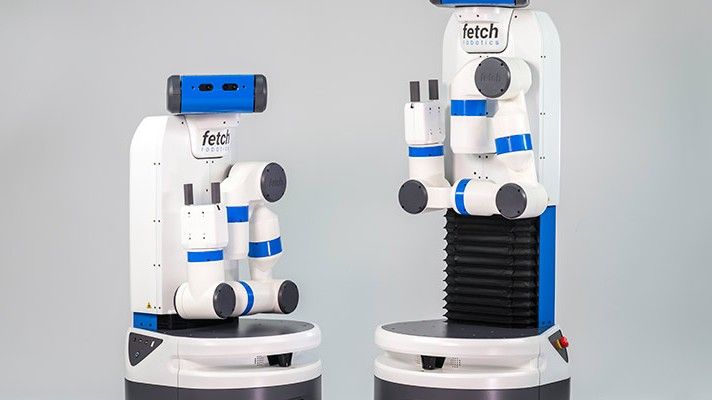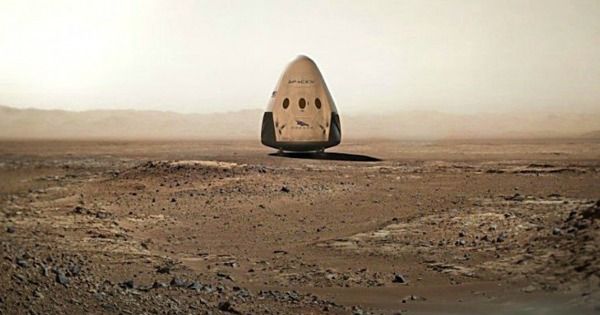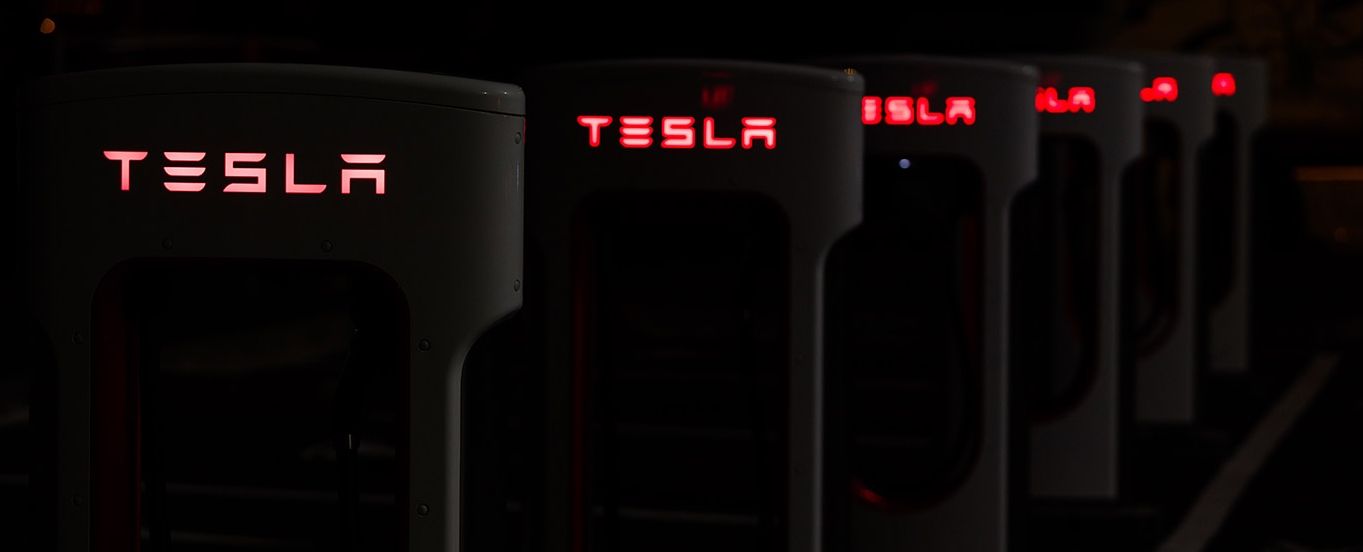OpenAI is teaching warehouse robots to do your household chores.


Tesla buys SolarCity.
(Reuters) — SolarCity Corp agreed to be acquired by sister company Tesla Motors Inc in a deal worth $200 million less than the initial offer, sending shares of both companies down in early trading on Monday.
Electric vehicle maker Tesla expects to achieve “significant” cost savings and “dramatic improvements” in manufacturing efficiency as a result of the acquisition of solar panel installer SolarCity, Tesla Chief Executive Officer Elon Musk said on Monday.
Musk said the combined companies will have a “stronger balance sheet,” but likely will require a “small equity capital raise” next year. Both companies have been burning through cash and have projected achieving positive cash flow later this year.

Elon Musk’s SpaceX is planning on going to Mars. NASA estimates that the cost will only be around $300 million.
Ever since Musk founded SpaceX is 2002, with the intention of eventually colonizing Mars, every move he has made has been the subject of attention. And for the past two years, a great deal of this attention has been focused specifically on the development of the Falcon Heavy rocket and the Dragon 2 capsule – the components with which Musk hopes to mount a lander mission to Mars in 2018.
Among other things, there is much speculation about how much this is going to cost. Given that one of SpaceX’s guiding principles is making space exploration cost-effective, just how much money is Musk hoping to spend on this important step towards a crewed mission? As it turns out, NASA produced some estimates at a recent meeting, which indicated that SpaceX is spending over $300 million on its proposed Mars mission.

Elon Musk has been a busy man lately as he works to transition the world to renewable energy and sustainable transportation with the goal of decarbonizing the global economy to meet the challenge of climate change. To meet that goal, Tesla will need to address “high passenger-density urban transport” – and Musk just confirmed plans to create a fully autonomous electric Minibus using the Model X chassis.

Elon Musk is today set to merge Tesla Motors and SolarCity, Reuters is reporting, kicking off part two of his master plan to transform our cities and suburbs into environmentally friendly automated wonderlands.
In July Musk wrote of his plan to merge the two companies in a blog post entitled Master Plan, Part Deux, saying it was essential to “create a smoothly integrated and beautiful solar-roof-with-battery product that just works, empowering the individual as their own utility, and then scale that throughout the world.
“We can’t do this well if Tesla and SolarCity are different companies, which is why we need to combine and break down the barriers inherent to being separate companies. Now that Tesla is ready to scale Powerwall and SolarCity is ready to provide highly differentiated solar, the time has come to bring them together.”
No, the first one isn’t SkyNet.
“Building the world’s largest factory to accelerate a sustainable energy future.”
““The factory is the machine that builds the machine,” Musk says, sitting in the lobby of his new building.”
Not content with landing its fifth rocket, Elon Musk has unveiled plans the land three rockets at once.
SpaceX has applied for permission to build new landing pads at the Cape Canaveral HQ it leases from NASA.
It would allow all three main rockets of the firm’s upcoming Falcon Heavy to land back at base before being prepared for reuse.
He may or may not be joking.